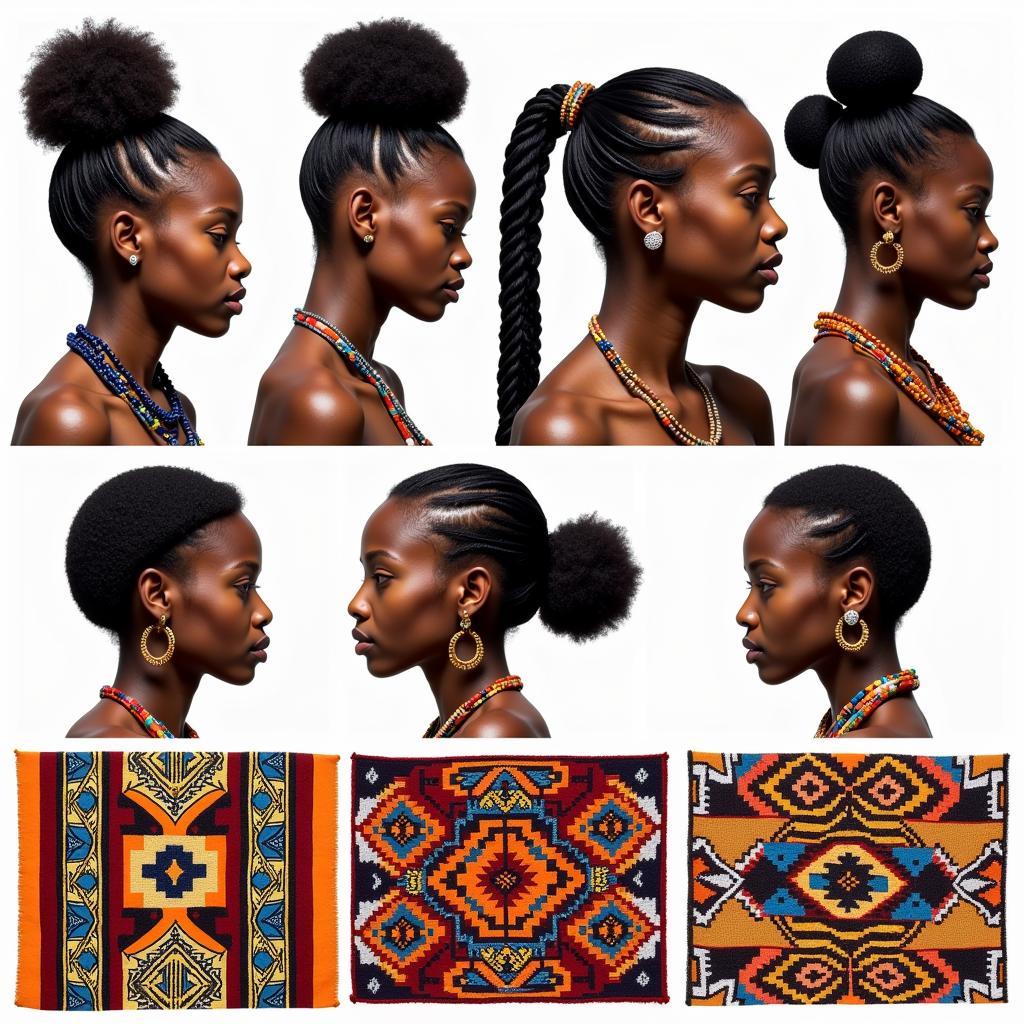Navigating Safe Practices: An Insight into African Condoms
The conversation surrounding sexual health in Africa is multi-faceted and ever-evolving. Understanding the nuances of this topic, particularly in relation to “African Condoms,” requires a deep dive into cultural perspectives, socioeconomic factors, and public health initiatives across the continent.
Addressing the Elephant in the Room: What are “African Condoms”?
The term “African condoms” can be misleading and often carries a connotation that there is a separate type of condom specific to the continent. This is not entirely accurate. Condoms used in Africa, much like anywhere else in the world, adhere to international safety and quality standards. They are manufactured by both local and international companies, with a range of options available to suit individual preferences and needs.
However, it’s crucial to acknowledge the context in which the term might arise. Discussions about “African condoms” often stem from concerns about counterfeit products, accessibility in rural areas, and the effectiveness of public health campaigns.
Breaking Down Barriers: Accessibility and Affordability
Access to affordable condoms remains a significant challenge in many parts of Africa. Socioeconomic factors, coupled with inadequate healthcare infrastructure, can hinder the distribution and availability of condoms, especially in rural and marginalized communities.
To combat this, numerous organizations and government initiatives have been implemented across the continent to provide free or subsidized condoms. These efforts are often coupled with educational programs aimed at promoting safe sex practices and reducing the stigma surrounding condom use.
Challenging Misconceptions and Promoting Sexual Health
One of the key challenges in promoting condom use in Africa is overcoming cultural and societal barriers. Traditional beliefs, religious stigmas, and lack of comprehensive sex education can hinder open dialogue and acceptance of condoms as a crucial aspect of sexual health.
Furthermore, the spread of misinformation and myths surrounding condom use can be detrimental. It is essential to rely on credible sources of information and engage in open conversations with healthcare providers to dispel these myths.
Empowering Individuals Through Education
Empowering individuals with accurate information and promoting comprehensive sex education are paramount in addressing the complexities surrounding condom use in Africa. By fostering a culture of open communication and challenging harmful stereotypes, we can create a safer and healthier future for all.
It is important to remember that discussing sexual health should not be taboo. Open conversations, accurate information, and access to quality healthcare are vital in ensuring the well-being of individuals and communities across Africa.
Conclusion
Navigating the complexities of sexual health in Africa requires a nuanced approach that acknowledges cultural sensitivities, socioeconomic realities, and the importance of accurate information. By addressing these challenges head-on, we can contribute to a future where individuals are empowered to make informed choices about their sexual well-being.
Remember, protecting yourself and your partners is a shared responsibility. Let’s work together to promote a culture of safe sex and responsible sexual behavior.
FAQs
-
Are condoms readily available in Africa?
Condom availability varies across different regions and countries in Africa. While urban centers might have easier access, rural areas often face challenges. Numerous initiatives are working to improve accessibility. -
What are some reliable condom brands available in Africa?
Numerous reputable condom brands are available in Africa, both local and international. It’s crucial to purchase from trusted sources like pharmacies or supermarkets to ensure authenticity. -
Where can I get more information about sexual health in Africa?
You can find valuable information from organizations like African Sex Workers Alliance, local health clinics, and reputable online resources. -
How can I contribute to promoting sexual health awareness in Africa?
Supporting organizations, volunteering, or spreading awareness through social media are just a few ways you can contribute. -
Is it safe to use condoms purchased in Africa?
As long as you purchase condoms from trusted sources like pharmacies or supermarkets, you can be confident in their safety and quality.
Still Have Questions?
We’re here to help! If you have any further questions or need more information, please don’t hesitate to contact us. You can reach our 24/7 customer support team at +255768904061, email us at kaka.mag@gmail.com, or visit us at our office located in Mbarali DC Mawindi, Kangaga, Tanzania. We’re committed to providing accurate and helpful information on sexual health in Africa.

